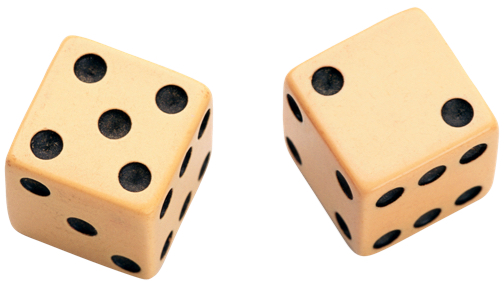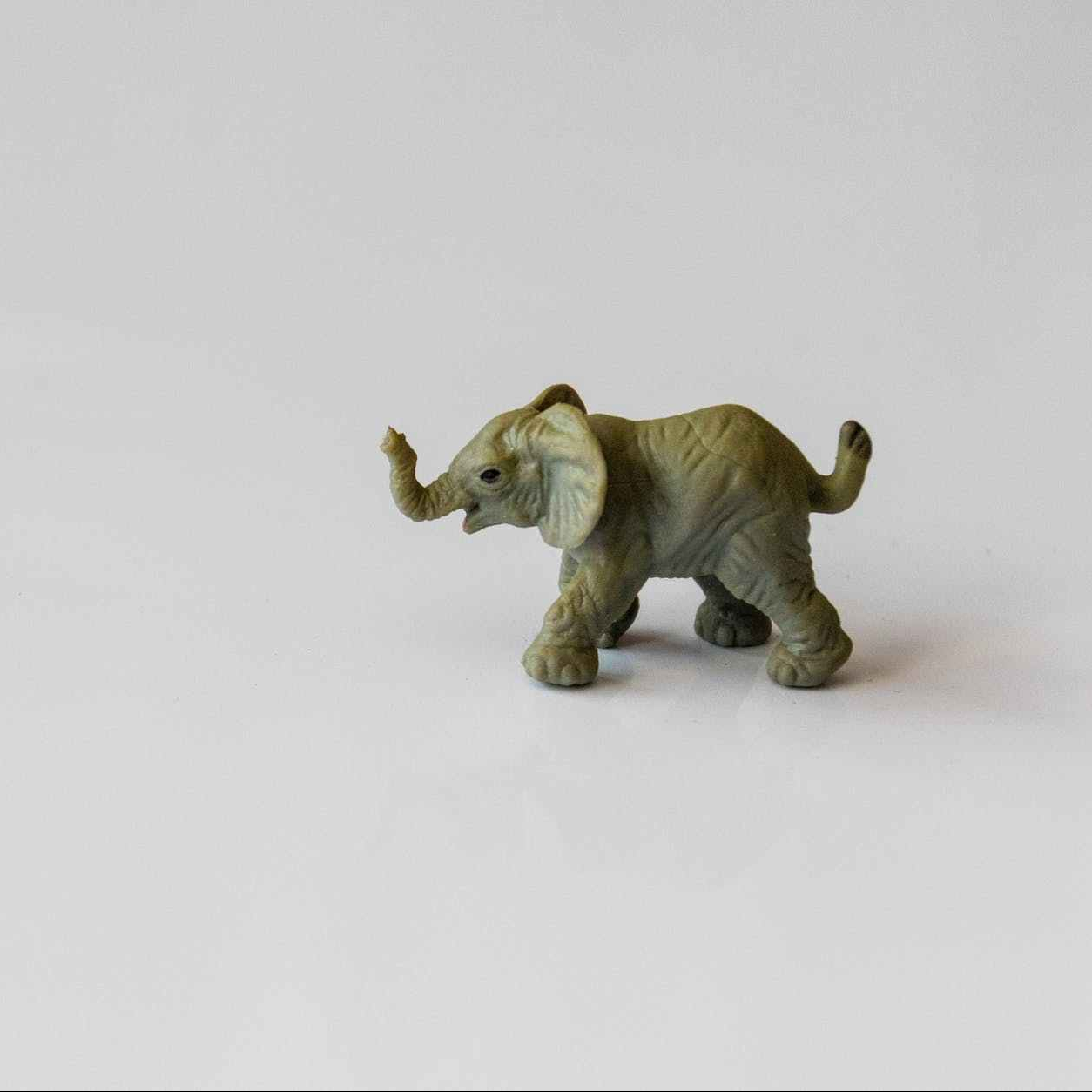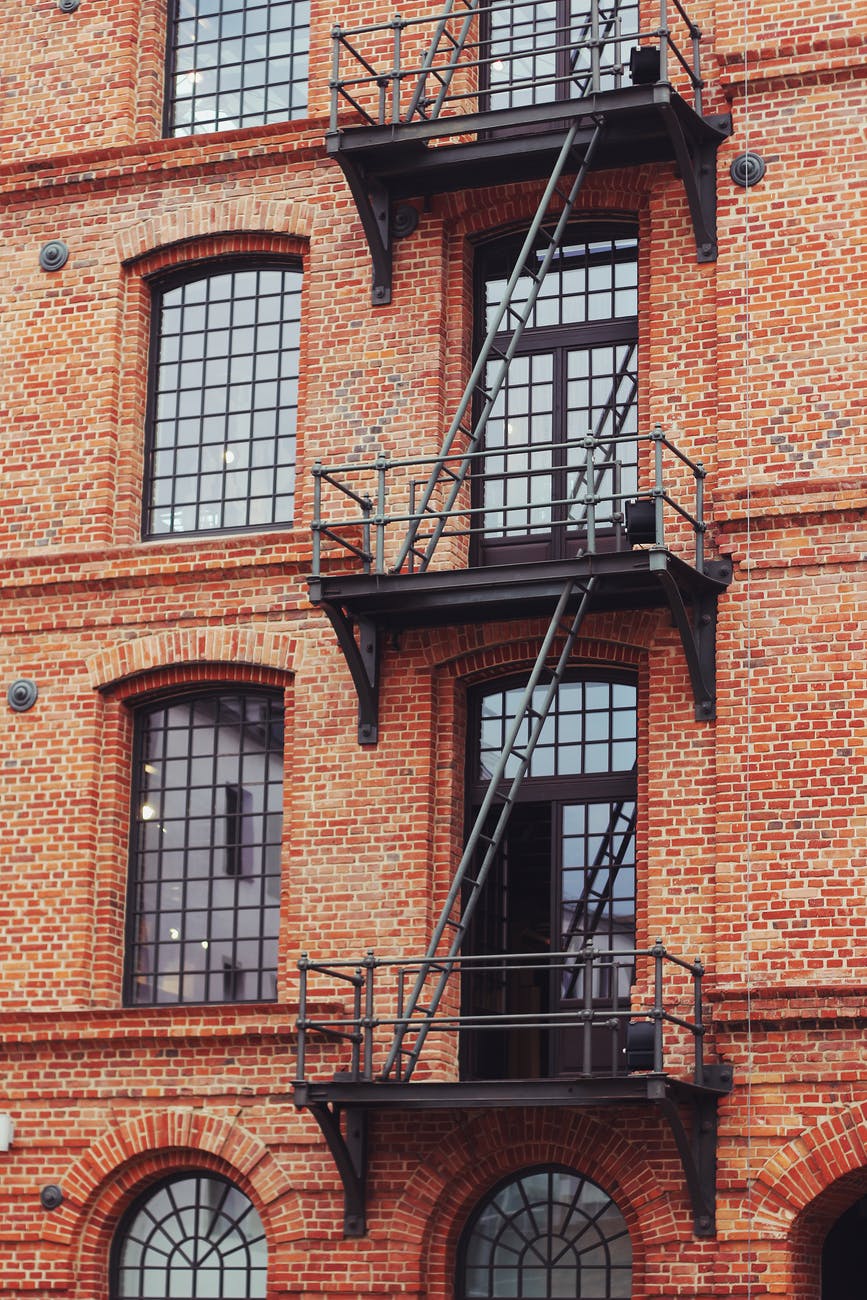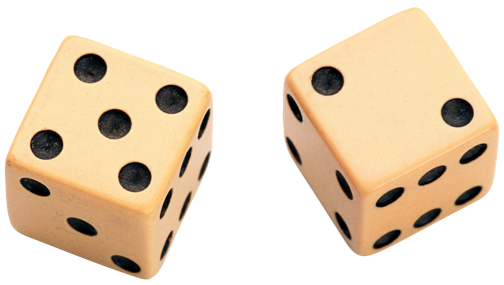Note to reader: This is a story with no end . . . yet. You can finish this story however you would like. How does the sentence end? What will happen? Who comes in the room? Who leaves the room? Would you like this kind of chance? Can you relate? Enjoy!
The principal of the school sat in her office pondering the student— a girl who had been referred to the office for yet another dress-code violation. It was Thursday morning.
“What?” the girl said in a slouching stand, her hand on one hip as attitude permeated her skinny little half-dressed 15-year-old body. The girl’s makeup skewed toward prostitution, and her spiked green and blue hair looked hideous.
The principal knew better than to say anything about how the girl looked. Instead, she said, “This is your third dress-code violation in three days, Maddy. What would you like me to do about this?” The principal had already decided the girl’s fate, but she was always interested to see a student’s take on the situation at hand.
“Call my parents. Have them come and get me. They hate that.”
“So, that’s what this is about? Angering your parents?”
Maddy slouched the other way, put her other hand on her other hip, looked the principal straight in the eyes and said, “Yeah. That’s what this is about.”
The principal, Mrs. O’Reilly, knew this all along. It happened all last year and the year before. She knew Maddy’s parents. They were both attorneys, very bright, but very stupid when it came to their daughter. All Maddy wanted was some attention and the easiest way for her to get it was to get in trouble. She had tried the good grades route. She hadn’t been able to arrive on their radar with good grades. She tried pleasing them with clarinet lessons when she was younger. She hated the clarinet, which was okay because that hadn’t worked either. Finally, one day, she got a “C-” in a French class. Well, the whole bloody earth stopped spinning at Maddy’s house. Her mom and dad became enraged, engaged parents, and Maddy had finally found a path to success: failure.
Mrs. O’Reilly knew the pattern. She had seen it a hundred times before and told Maddy she was not going to call her parents, but rather that Maddy was to meet her at an address on the slip of paper she handed her. She knew from previous run-ins that this would be okay with Maddy’s mom and would handle the details in the next few hours.
“Saturday morning at nine o’clock, I will be waiting for you at this address. Don’t be late.”
“But…”
“No. Just be there.” Mrs. O’Reilly frowned and added, “And put on that T-shirt by the door for the rest of the day.”
The shirt said ‘Busted by Mrs. O.’ Mrs. O’Reilly had one hundred made at the beginning of the school year. This was the last one, and it was only December. They were a drab shade of gray, extra large size with white lettering. She bought them with her own money and tried vainly to get them back from the students the next day after they had worn them. But they had become popular with a certain section of the student body, and the parents of those students didn’t care anymore about their kids’ returning the shirts than they did about what they let their kids wear to school. She would have to buy more, and maybe make them cheaper, uglier, or with a reward attached for returning them. She knew that wouldn’t work, however. These kids had more money and less love than any other spoiled student body she’d ever worked with, and she had been a school principal for over 25 years.
* * *
Connie O’Reilly waited until 9:15. Maddy finally arrived.
“What happened? I told you to be here promptly at nine o’clock.”
“I know, but I had to take the bus. I didn’t tell my parents where I was going.”
“Well, they should have known. I sent them an email telling them you were going to be with me today. I will call them so they won’t worry.” She pulled out her cellphone and started to dial.
“Don’t bother,” Maddy said. “They’re out of town this weekend like most weekends.”
Mrs. O’Reilly decided she better tell the truth. “Your mom does know, actually. I called her at work on Thursday.”
Maddy shrugged. “She didn’t mention it to me. Usually, she tells Dad, and they both yell at me.”
“Hmm.” Mrs. O’Reilly was a little surprised, too, and she wondered what was going on, though this was not strictly her problem. She only needed one parent’s permission at this point. She was a school principal, not a social worker, and not a marriage counselor. At this very moment, however, she wanted Maddy to see what she brought her to see.
It started to rain as Mrs. O’Reilly moved down the stairs. It was six steps down from street level to an old door taking them through a narrow hallway. Dim bulbs screwed directly into bare light receptacles made the passage most uninviting, but managed to hide the dirt (of questionable origin) on the walls. The two women seemed like intruders in a foreign country.
Maddy couldn’t stand the smell either and finally asked, “Where are you taking me, Mrs. O’Reilly? This place doesn’t feel safe, and it stinks.”
“It’s safe alright; it’s just dirty, but one should never allow appearances to keep you from experiencing new things.”
Maddy wore jeans and a T-shirt. Mrs. O’Reilly had jeans on, too, which Maddy had never seen her wear, even to school picnics. They got to the end of the scary hallway. The carpet was shabbier, and more stained than near the front door if that were possible.
“Room three. Room two. Room one,” Mrs. O’Reilly said looking at cast-iron numbers nailed to the wall over the narrow doors where they had finally arrived. “This is it. Go on in.” She smiled widely as excited as she always was to see the expression on a student’s face when they saw what was on the other side of the door.
* * *
The paint-peeled door opened in. Maddy had no idea what to expect. After the dark corridor, the lights blinded her. The light streaming in from skylights and high rain-spattered windows made it hard to see as well. Her eyes darted around quickly, and as they became accustomed to the brightness, she started to see forms.
Colors started to come together and became people; people became faces; a face became eyes, and many of the faces turned to smile at the newcomer. Maddy wasn’t sure what she was even looking at, nor why they were smiling. There were easels everywhere, with people in aprons holding paintbrushes sitting or standing in front of the easels. And there were heavy, paint-stained canvasses draped here and there. Maddy’s face held the confused look of every person who had ever walked through that door.
The room was three stories high. Balconies and stairways connected some of them to others; a few were separate alcoves. On some platforms, two or three people were busy with paintbrushes raised in thought or actively painting; the painters’ eyes skipped back and forth to hanging monitors showing drawings and paintings that the students appeared to be reproducing. A couple of the people were working in clay, and one group had marble forms in front of them.
“Mrs. O’Reilly. Why did you bring me here? I can’t draw or paint. I have trouble drawing stick figures.”
“These people can’t either. Or couldn’t. This is a place to learn how to get in touch with yourself.”
Maddy, short for Madeline, rolled her eyes and made a face. She shook her head and still didn’t understand it at all. A man with dreadlocks broke from his easel on the ground floor and came over to where they stood. By this time everyone else had gone back to work. There were thirty or forty people, spread around the space, and Maddy couldn’t fathom why she was here.
“Hi,” the man said. “My name is Raul. Welcome to the Artist’s Loft.”
“Hi,” Maddy said, turning to Mrs. O’Reilly for help. Mrs. O’Reilly did not say anything and just stood there smiling.
“I guess you’re here to learn to paint,” Raul ventured, winking at Mrs. O’Reilly.
“I can’t paint,” Maddy said. “Or draw, or sculpt, or do any of that stuff. There’s been a mistake.” Maddy was starting to feel very uncomfortable. She felt light headed and asked to sit down for a minute. “Are you all right, Miss?” Raul had seen this before. He’d seen everything.
“I think I might be coming down with something. Perhaps I should come back another time,” Maddy said.
Raul said, “I think you might be hungry. Why not come with me and I’ll get you a bagel and a spot of Earl Grey tea. I’ll wager you’ll be ready to start right after that. It works every time.” Turning to Mrs. O’Reilly, Raul said, “Thank you for bringing Madeline to us. I think she’ll be just fine.”
Maddy looked to Mrs. O’Reilly for help, but then realized something and said to Raul, “Wait. How do you know my name?” She was becoming more anxious by the moment. “We never told you my name,” she said.
Mrs. O’Reilly said, “I made an appointment for you, dear. You’ll be here every Saturday for the next ten weeks.” Waving her arm toward the area around her, Mrs. O’Reilly said, “This is your new job.”
“A job? I don’t need a job. My parents give me all the money I need. Besides, I told you, Mom doesn’t know about this, and really, I cannot paint. I told you.”
“You will learn how to paint, and I did get written permission from your mom. She emailed it over. I can show you if you’d like.” She pulled out a piece of paper from her pocket and offered it to Maddy, who looked at it and knew it was real. Her mom signed all her stuff with ESQ. (for lawyer) all in caps with a period at the end.
“It’s her signature, all right. But I will still need money for the bus to get here.”
“Yes, that’s been arranged. Here’s a bus pass. And every day that you come you will get paid. Like a job.”
“A bus pass? I hate taking the bus. I only did it today because I had to.”
Raul interrupted. “That’s part of the deal. It is about seeing and then painting subjects from what the world offers you. Busses are great places for inspiration.”
Maddy made a face accompanied by more eye-rolling. Mrs. O’Reilly said, “I wish I could do my life all over again. You’re lucky your mom and dad have the money to help with this. Your mom made a nice donation to the Artist’s Loft, and you’re signed up for the ten weeks. You’ll like it. You know, I hate to tell you this, but I’d rather be here than running the high school.”
Maddy’s eyes opened wide with the repetition of ten weeks, but also with that last statement. “REALLY? I thought you liked being a principal.”
“I do, but I would like being a painter more,” she said smiling at her and then at Raul.
Maddy said, “Sounds like my mom just paid you to get me out of her hair. So that’s par for the course.” Raul looked at Mrs. O’Reilly who made it clear that Maddy should stay. Maddy saw the exchange, and said, “So I don’t have a choice, as usual. What am I supposed to do?”
“Just follow Raul’s lead. Do exactly what he says, and you’ll be fine. If you don’t, he’ll kick you out, and you won’t get paid by anyone. Not your mom or your dad. Don’t try that one. Your mom promised me. She’s part of this. So it’s totally up to you. You can do what you want. See you at school on Monday.”
Mrs. O’Reilly left. Maddy turned to Raul. “What did you say your name was again?”
“That’s okay. This place is a lot to take in. I get it. My name is Raul. One syllable. It rhymes with tall, which I am not. But now that I’ve told you, don’t forget it. Okay?”
“Yeah. Whatever.”
“No. Not whatever. I need for you to pay attention and start to focus on people. Show respect for everyone around you, please. This is an awesome opportunity for you. Mrs. O’Reilly doesn’t do this for just anyone. She must think a lot of you. She’s putting her reputation on the line, and she doesn’t do this lightly.”
“I don’t understand. Who are these people and what are they doing here? Why am I here? What is this place?”
She and Raul have moved toward the food area. Raul said, “This is a privately-funded, experimental re-hab program. It’s not for everyone. The people you see around you are here for similar problems that you have – minor inabilities to fit in, whether it’s at work, school or home.”
Maddy looked around as she picked up a bagel and took a bite. Then she glanced out at the people scattered about the space. “Well, I don’t have a problem. I am in the wrong place. Thanks for the bagel. I’m leaving now.”
Raul looked at her, knowing she was testing and baiting. “You don’t follow your school’s dress code, and your grades suck, but you used to get straight A’s. Don’t tell me you have no problems. I also know you’re hanging out with the wrong people.”
Madeline raised her eyebrows. “How do you know all this about me? Did Mrs. O’Reilly tell you?”
“Hah. She didn’t tell me anything. I know the kids like you who come in here. You might as well be wearing a sign around your neck.”
“I hate my mom. I hate my dad. I hate Mrs. O, and I don’t even know you, and I hate you already.”
Raul said, “I did too. Mrs. O’Reilly showed me this place when I was a little older than you. But I hated everyone you just mentioned.” He paused. “Including myself.”
“Really?”
Raul offered Maddy the Earl Grey tea, made himself a cup, and sat down. After they talked for ten minutes, Maddy stood and said, “Okay. I had the bagel and the tea. I’ll stay for today.”
Raul smiled and said, “Great. Mrs. O’Reilly will be happy, and I think you will be, too.” They walked out to the work area. “Here’s an apron. Come with me. I’ll introduce you around.”
Maddy put her hand out to take the apron, which was stiff with paint and clay. Chips of muddy brown earth and blue and yellow paint fell on the ground between her feet and Raul’s. She looked down at the mess and paused. Then she looked around the room and then back down at the debris on the floor.
She looked at Raul and said, “I . . .









